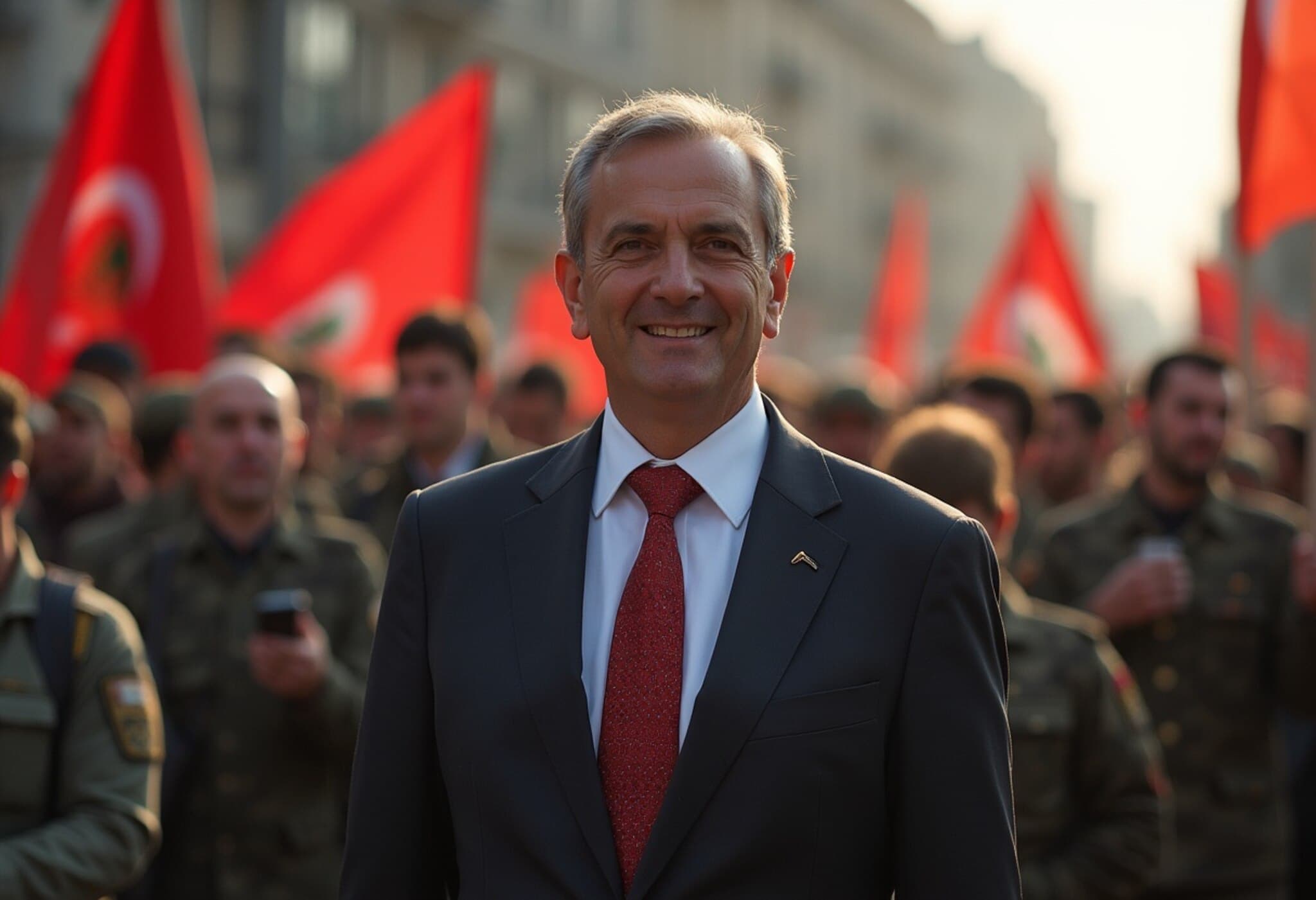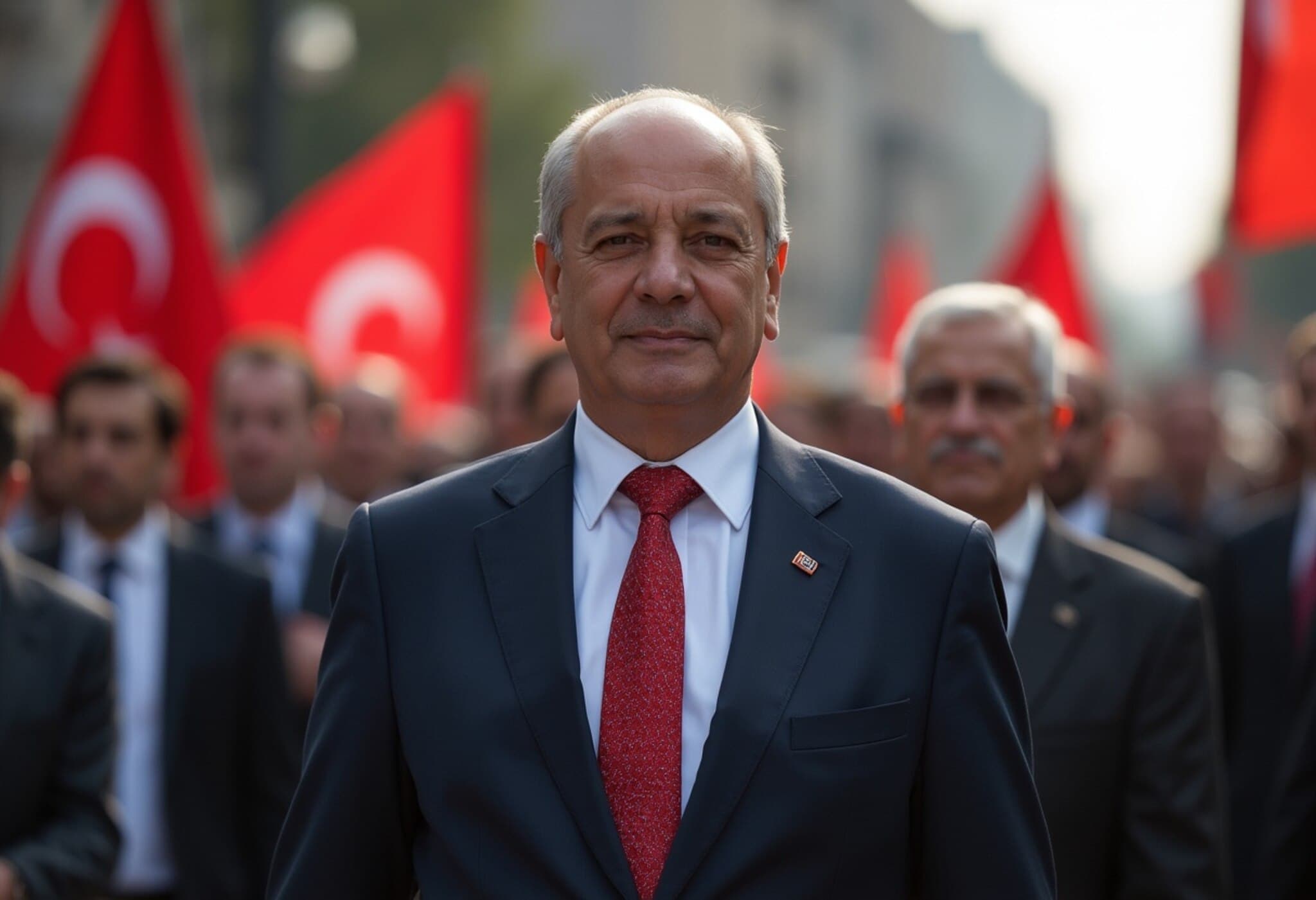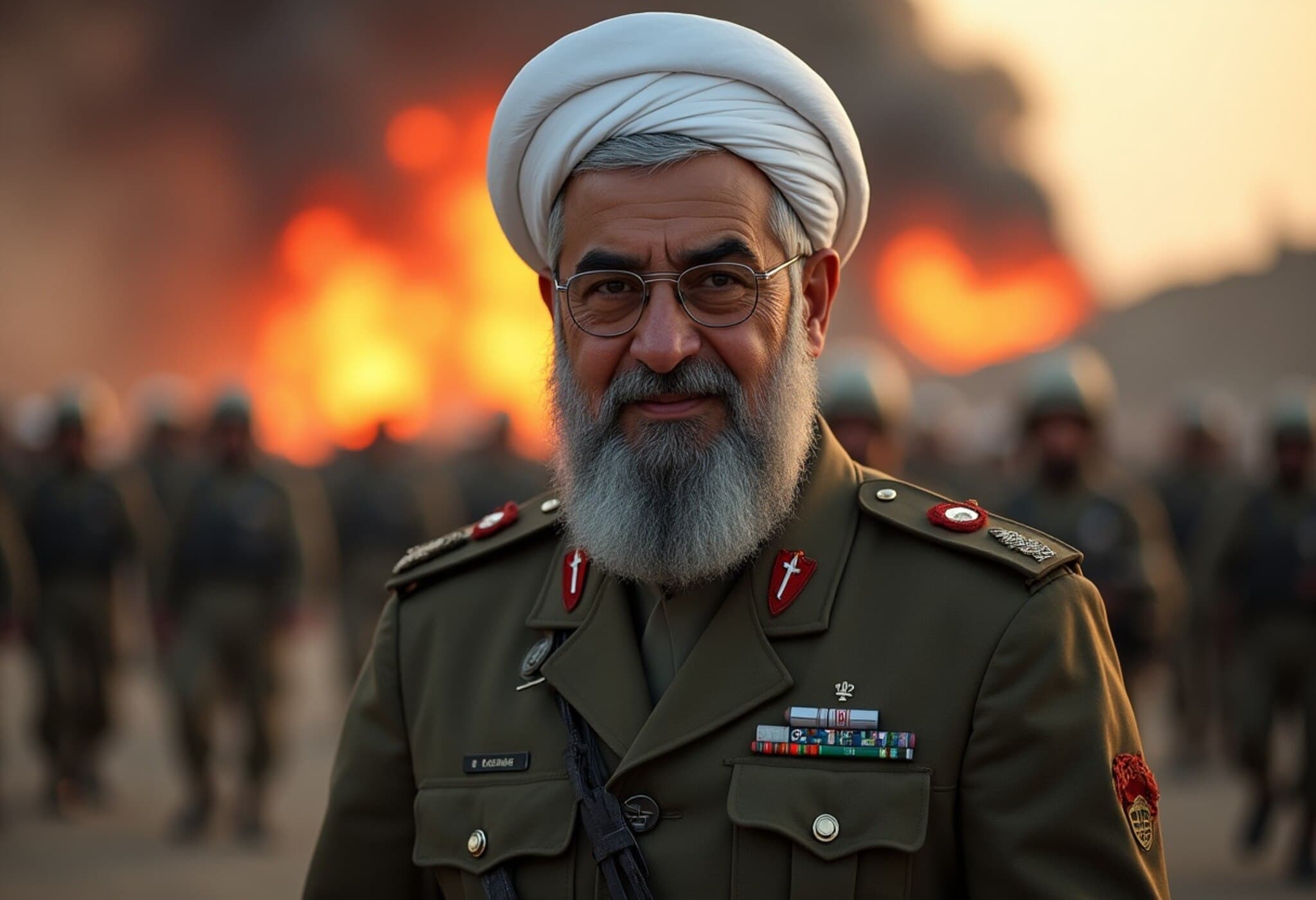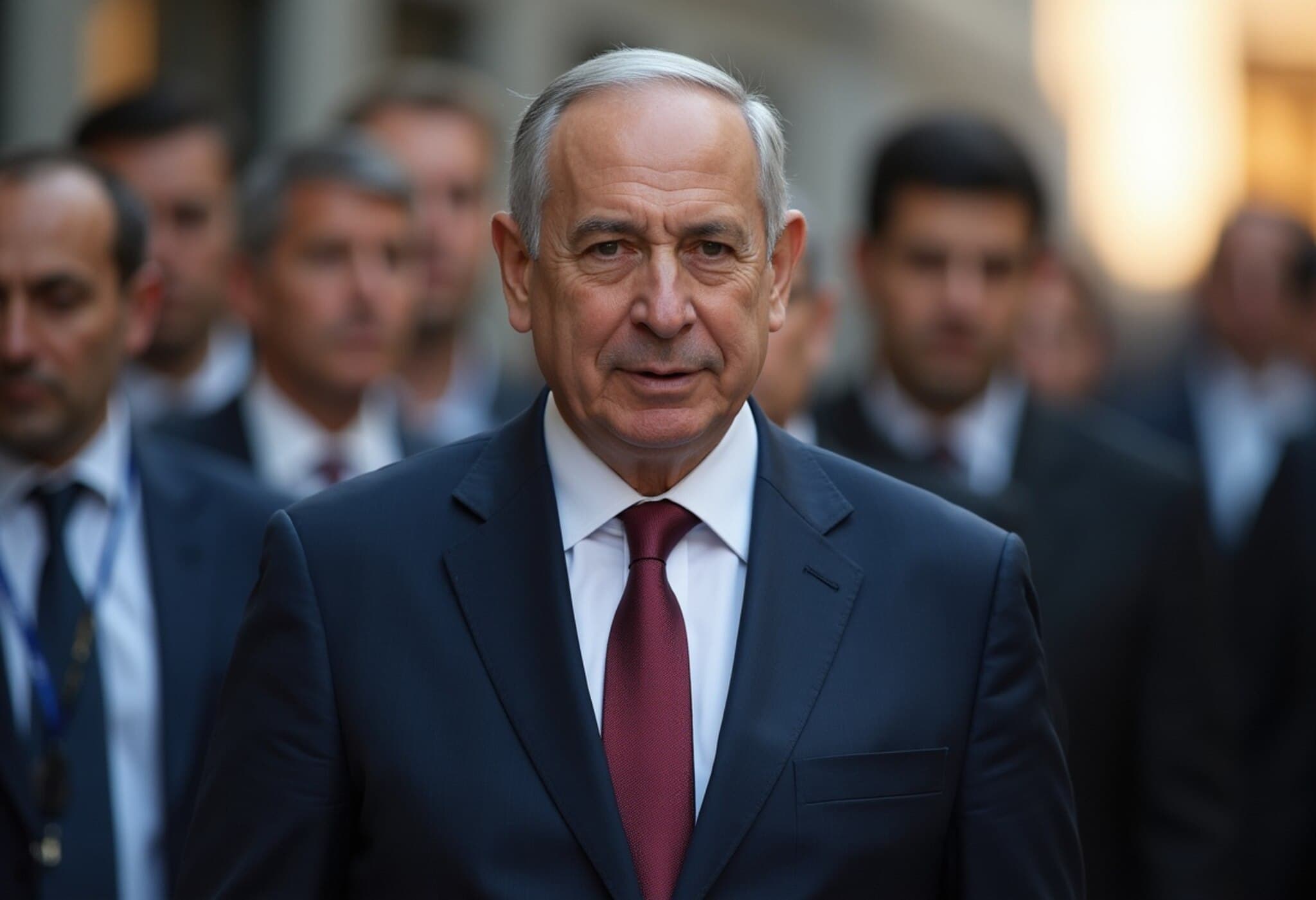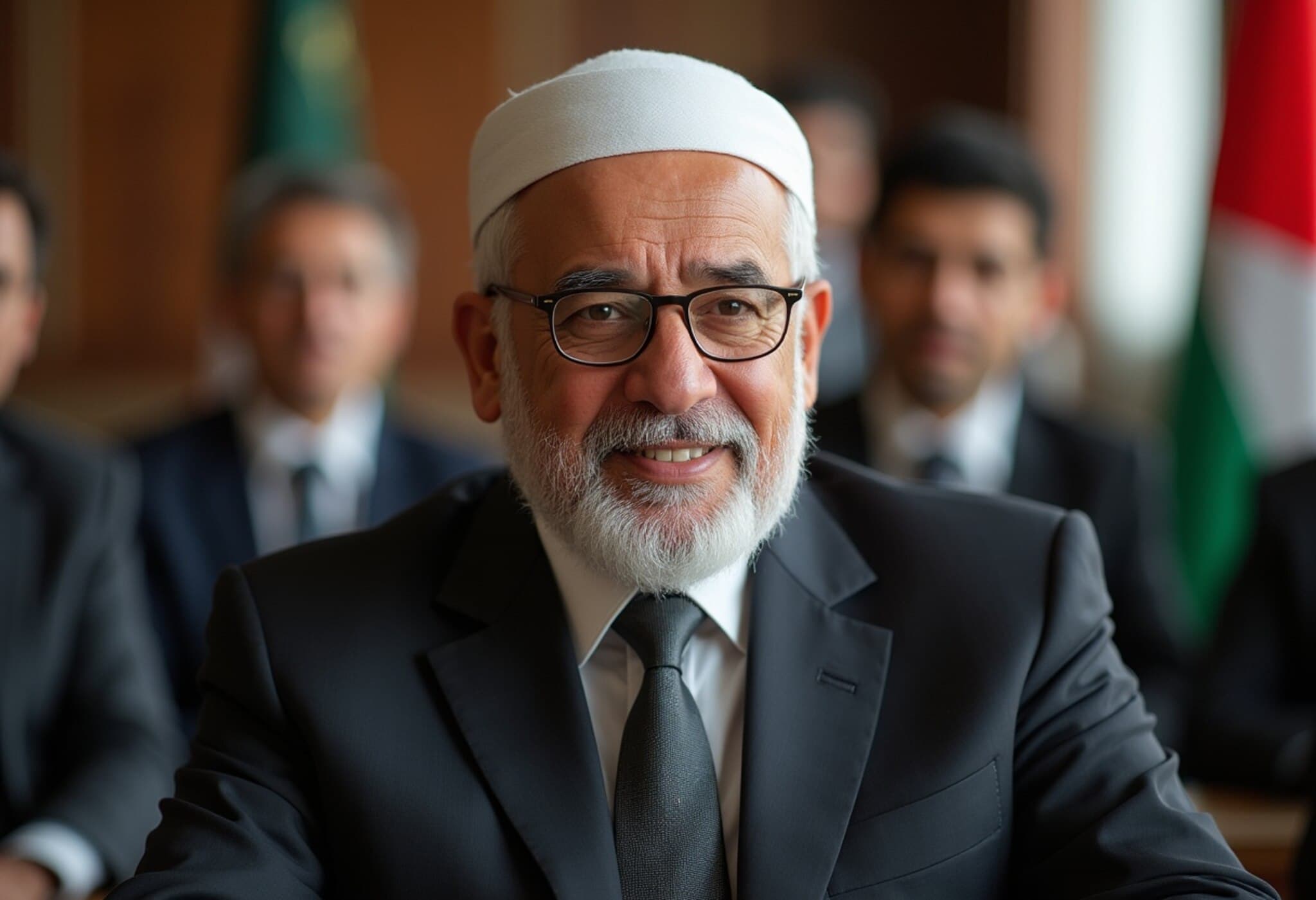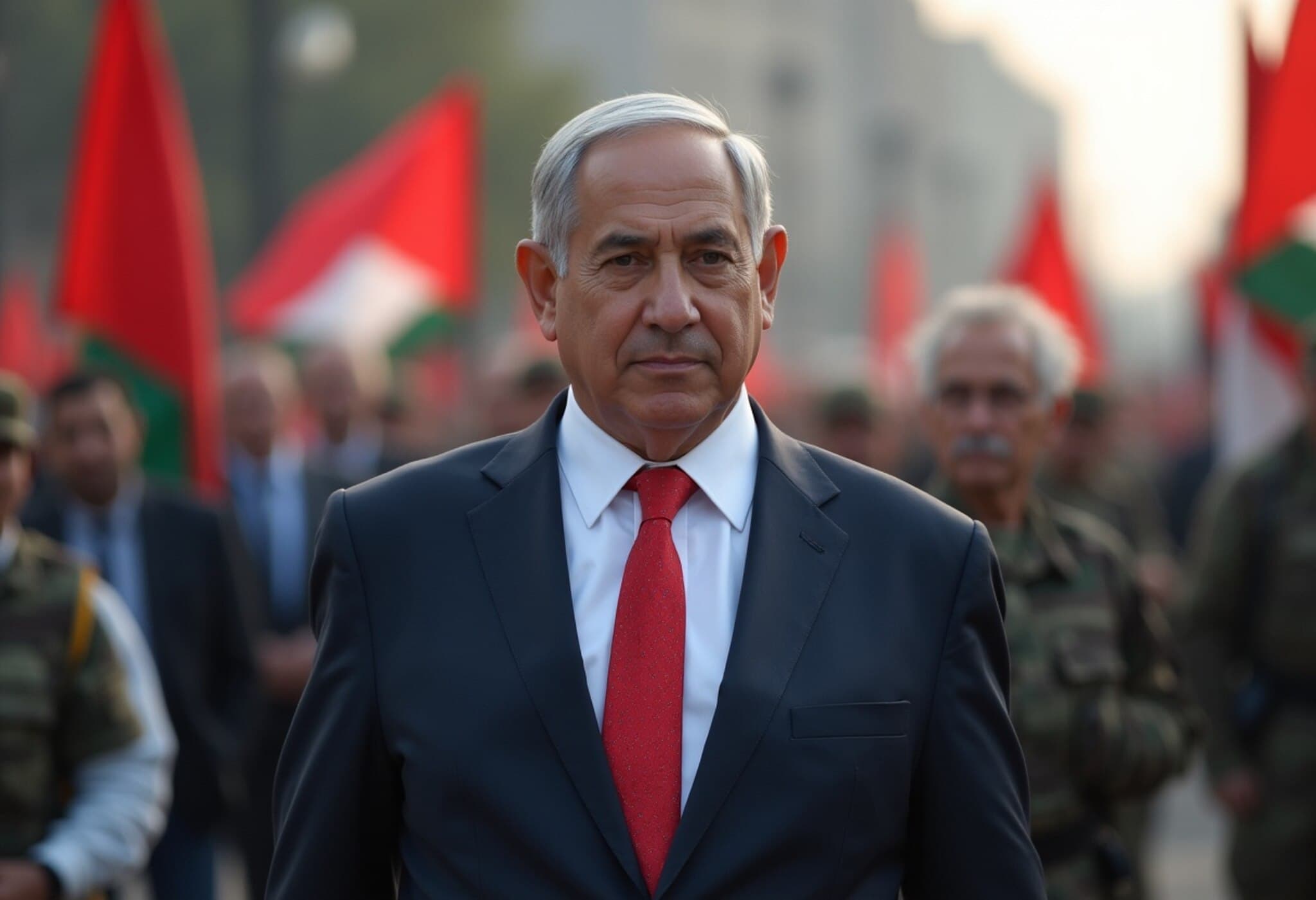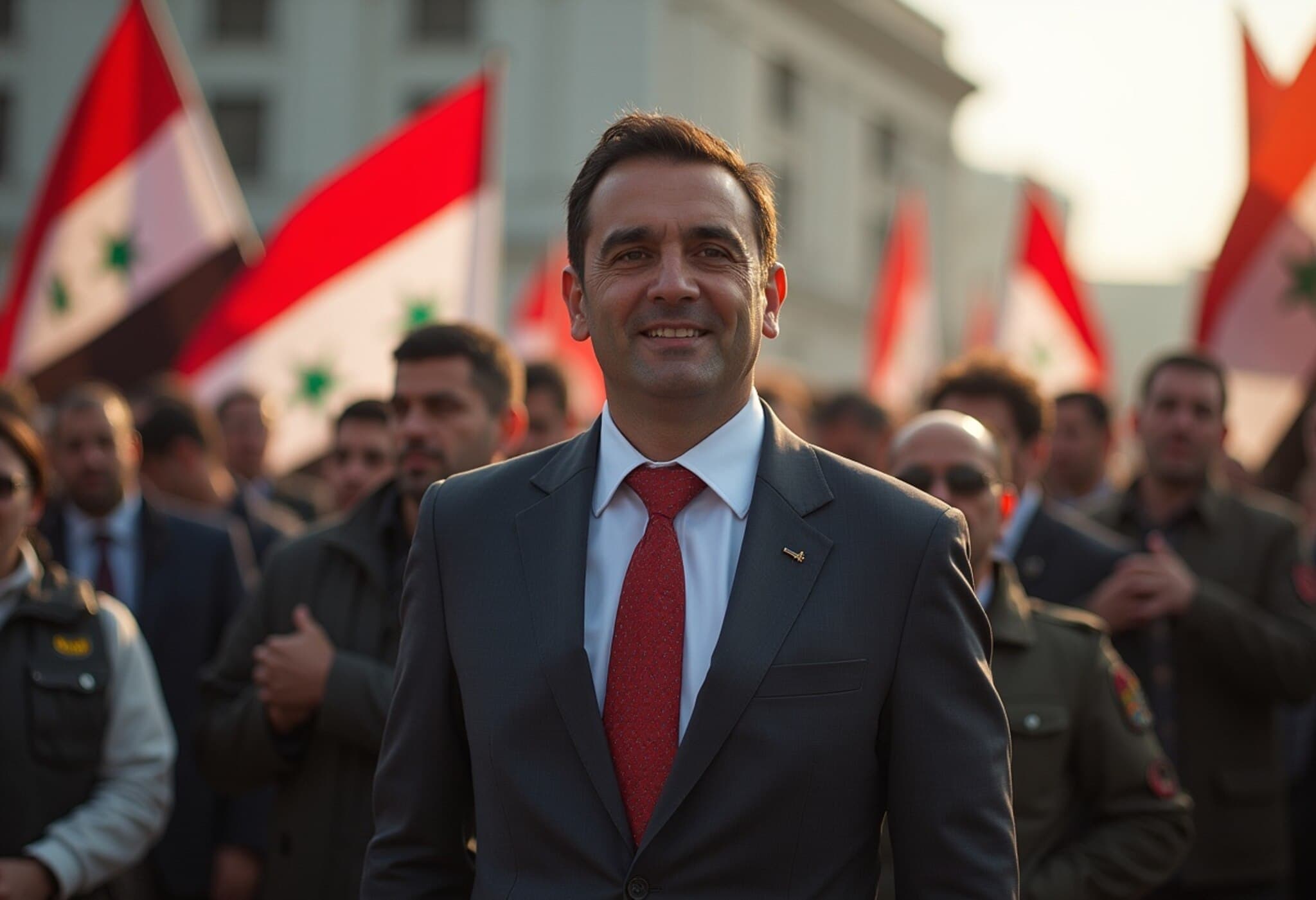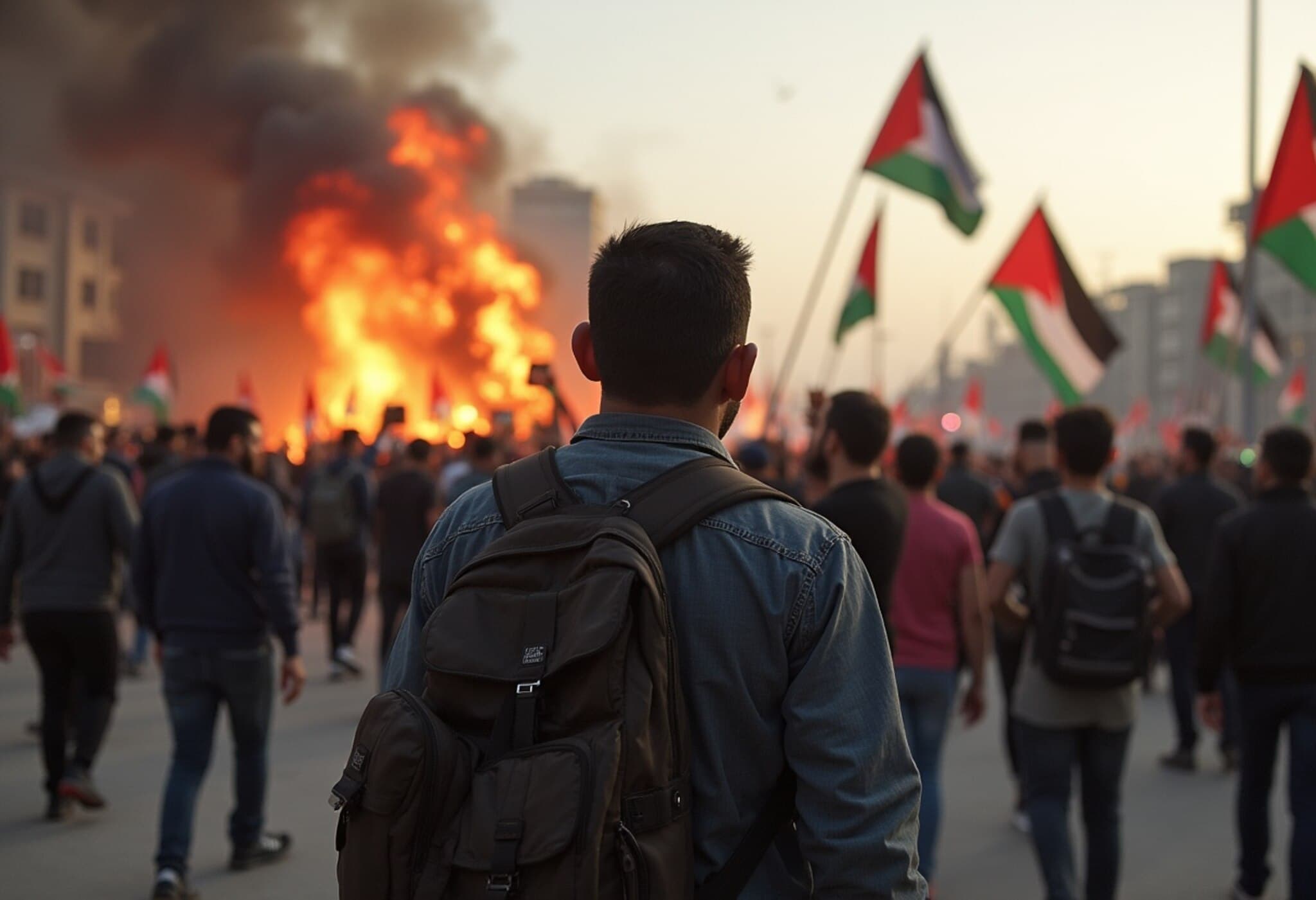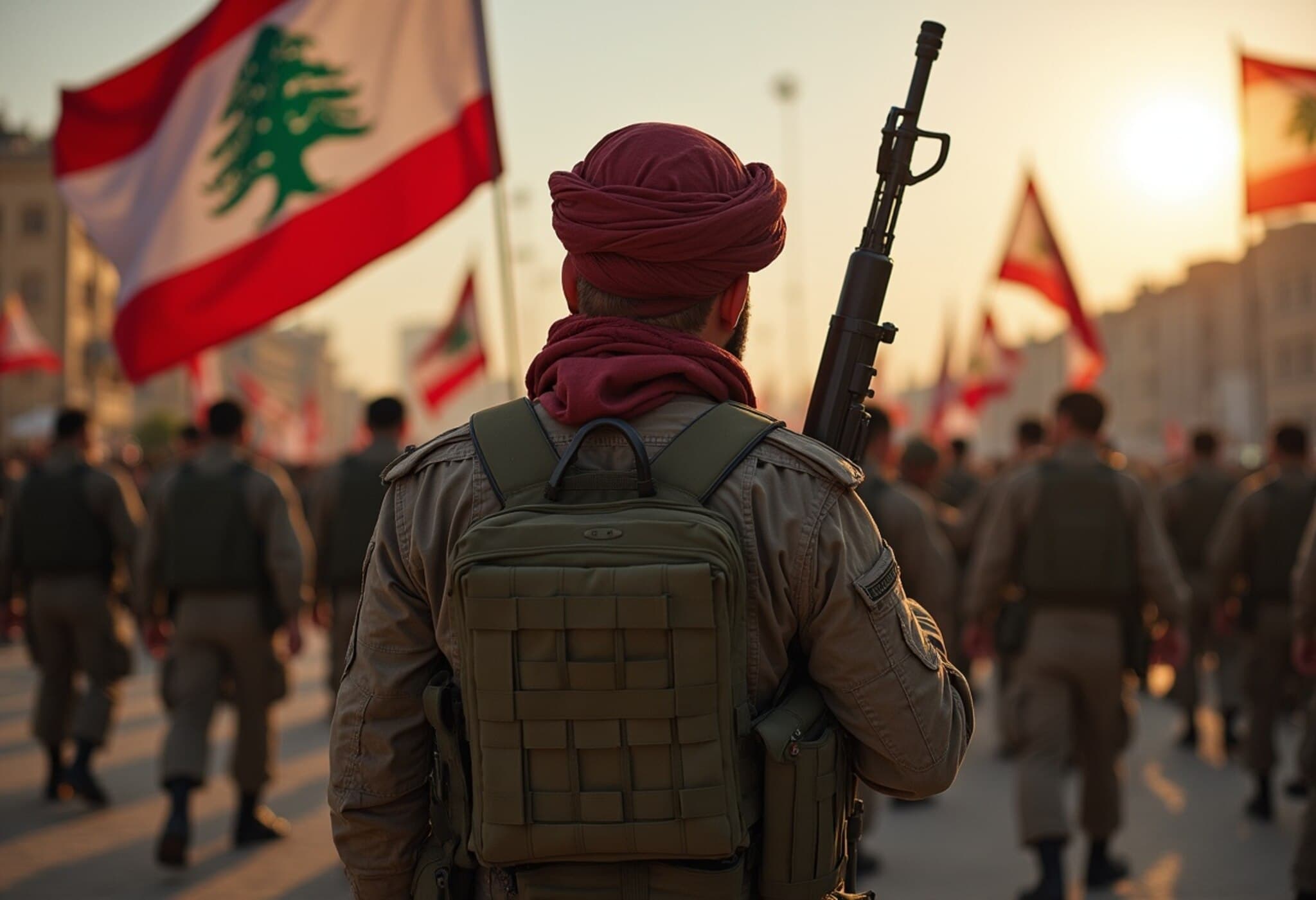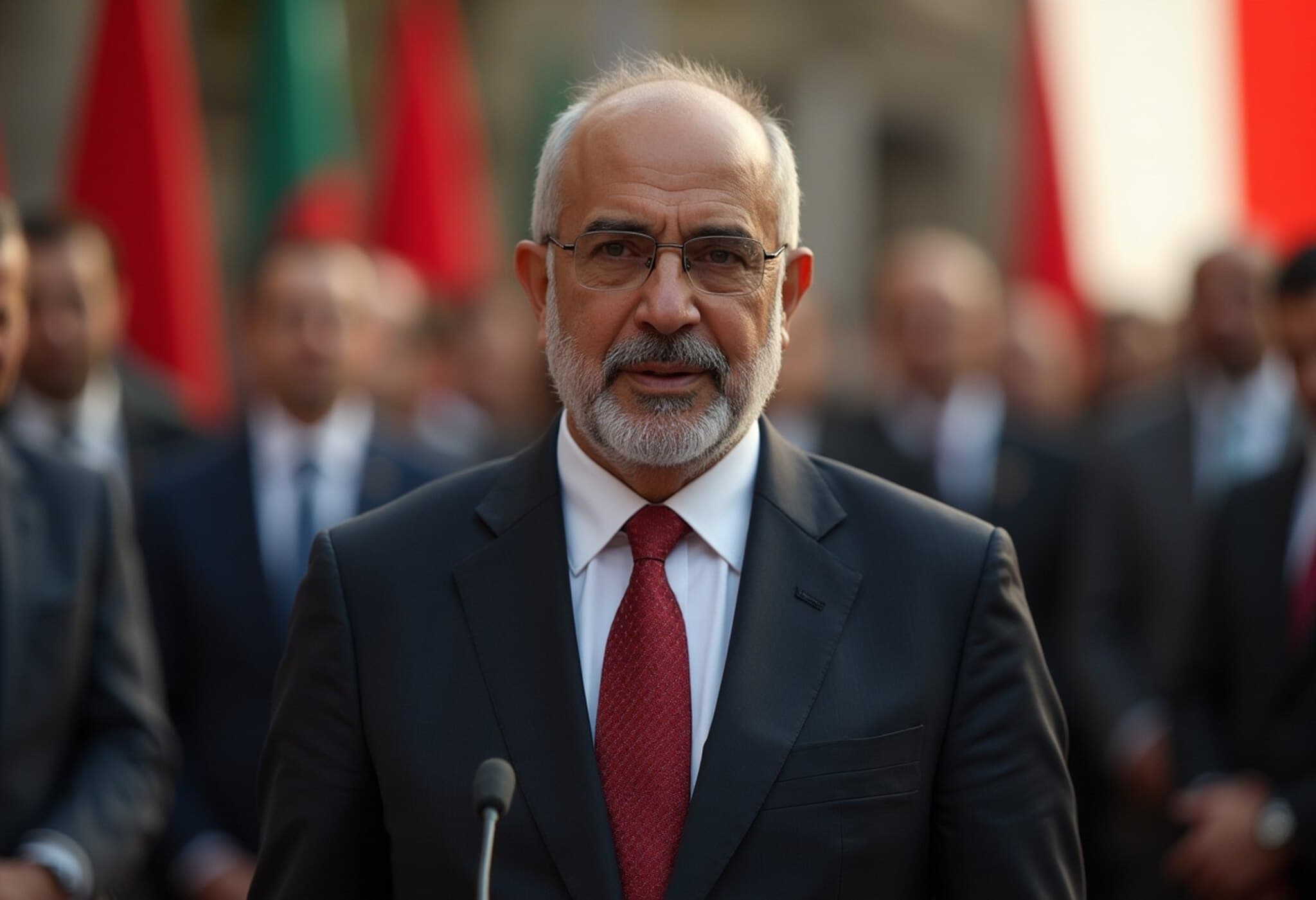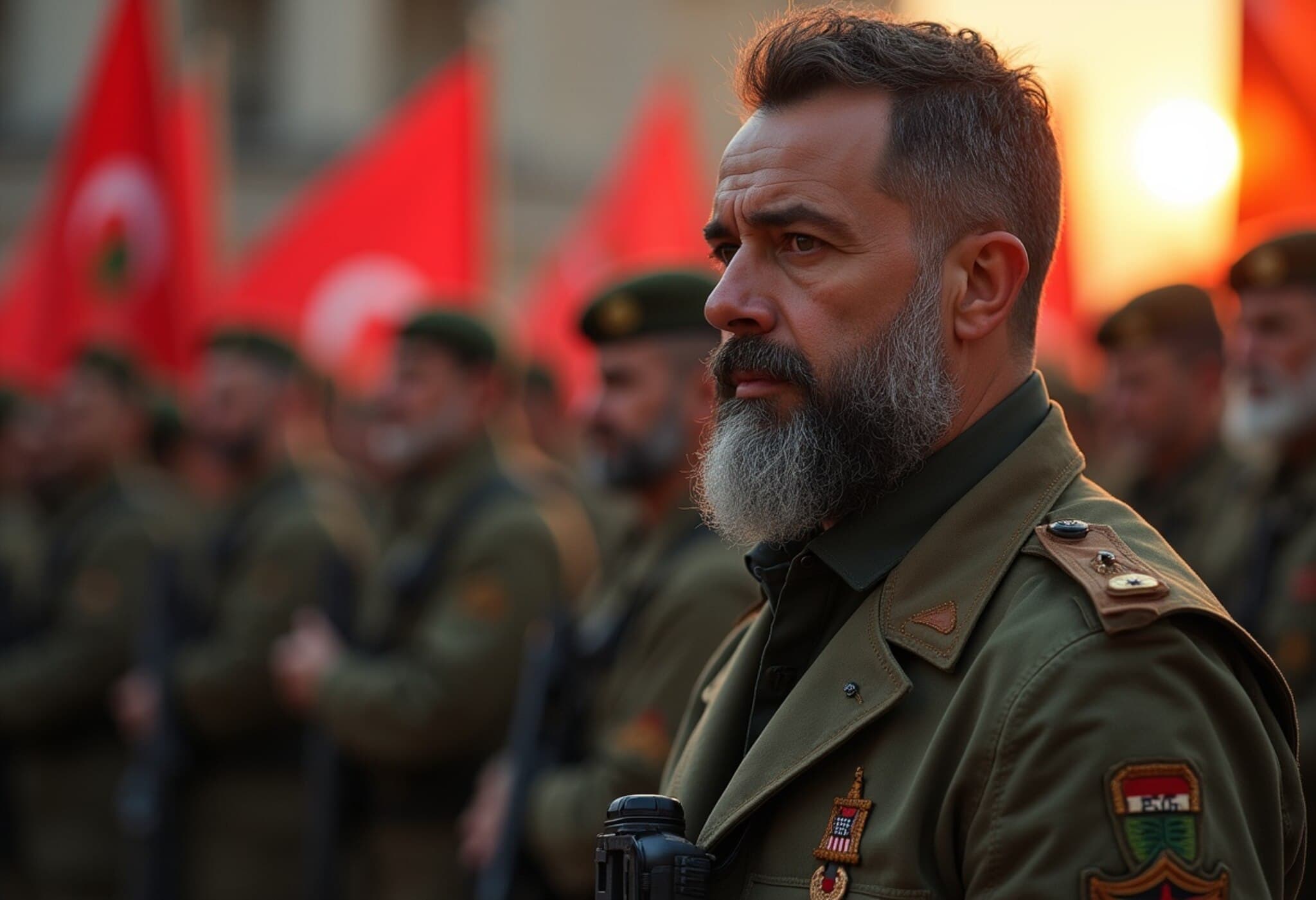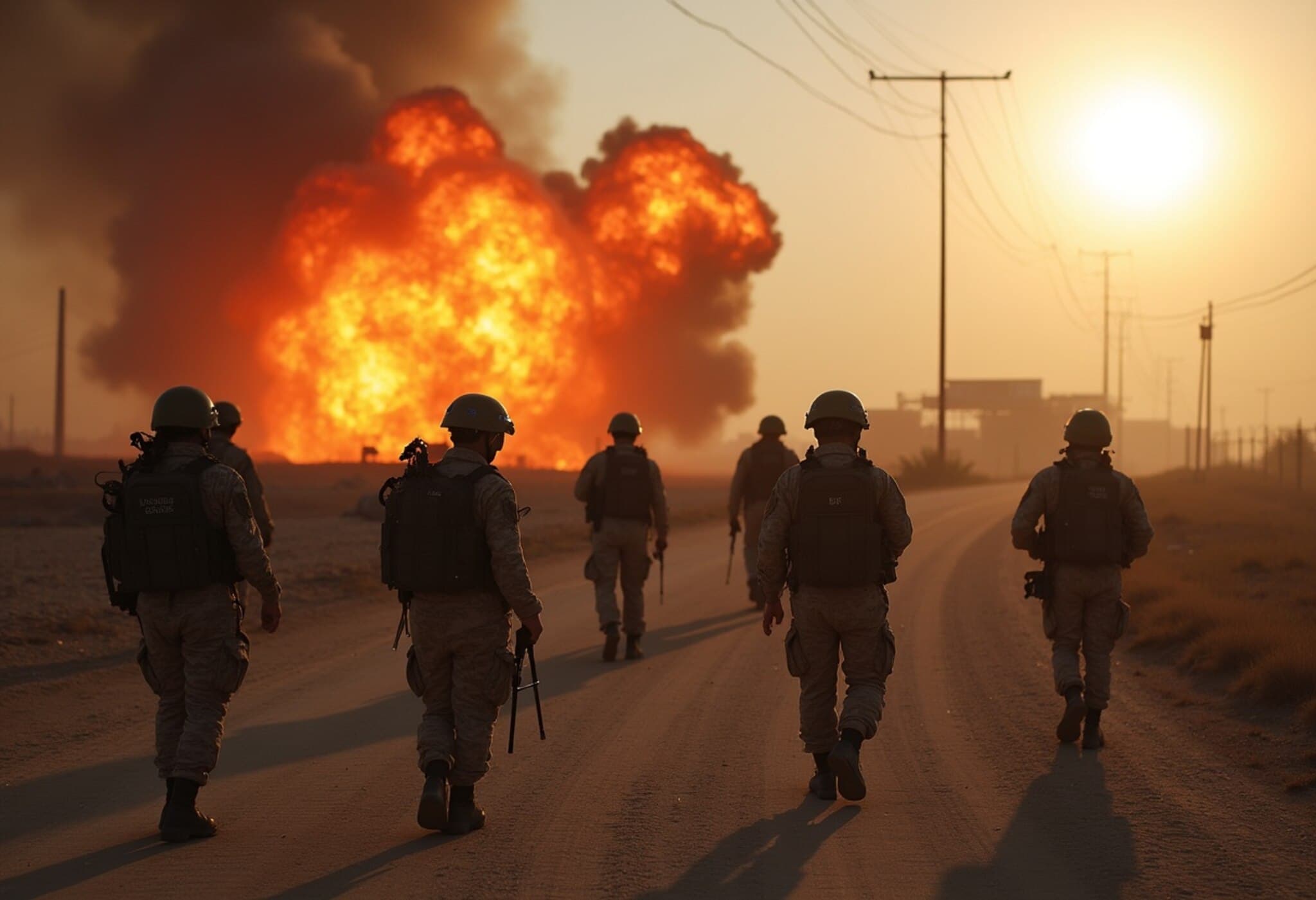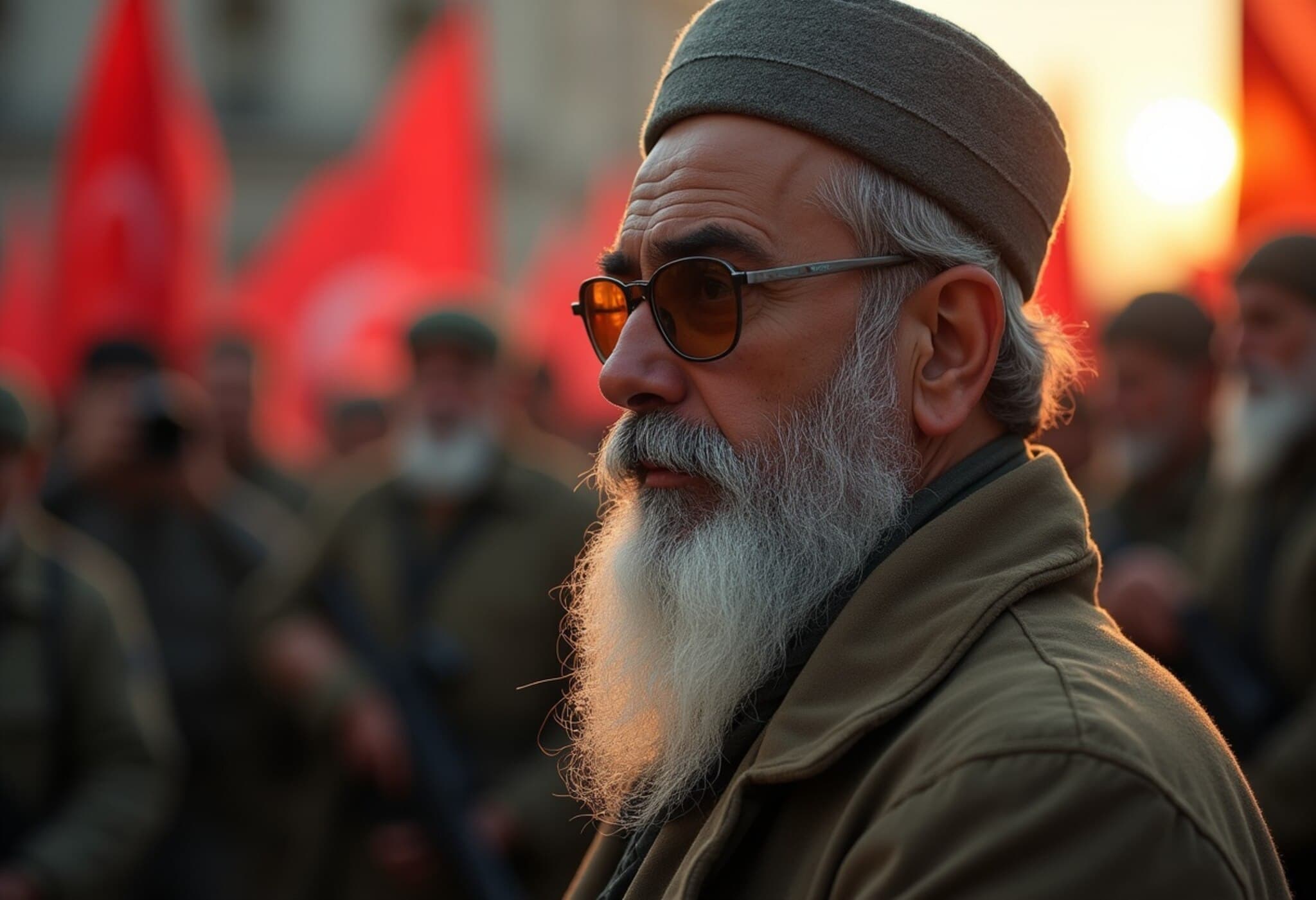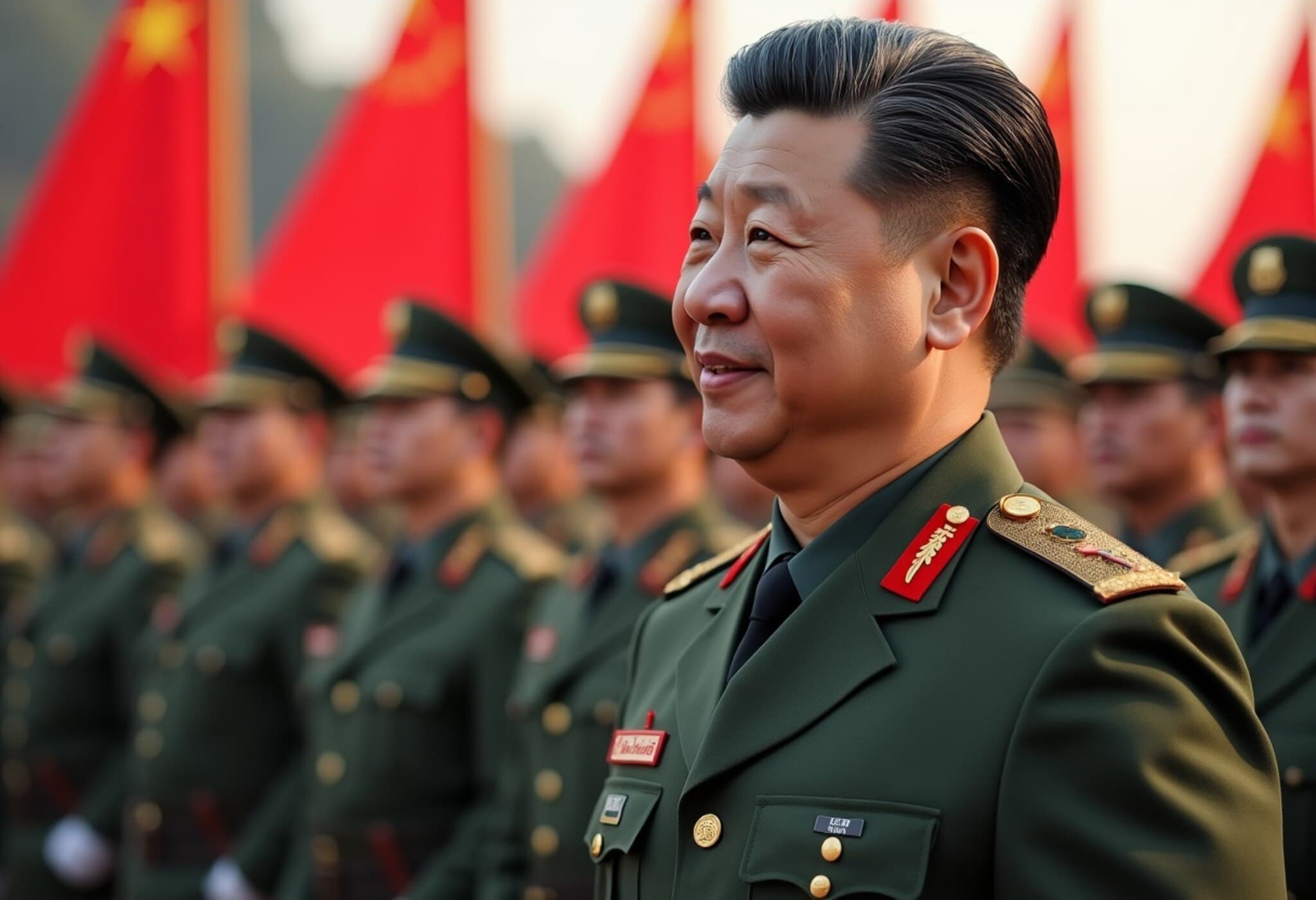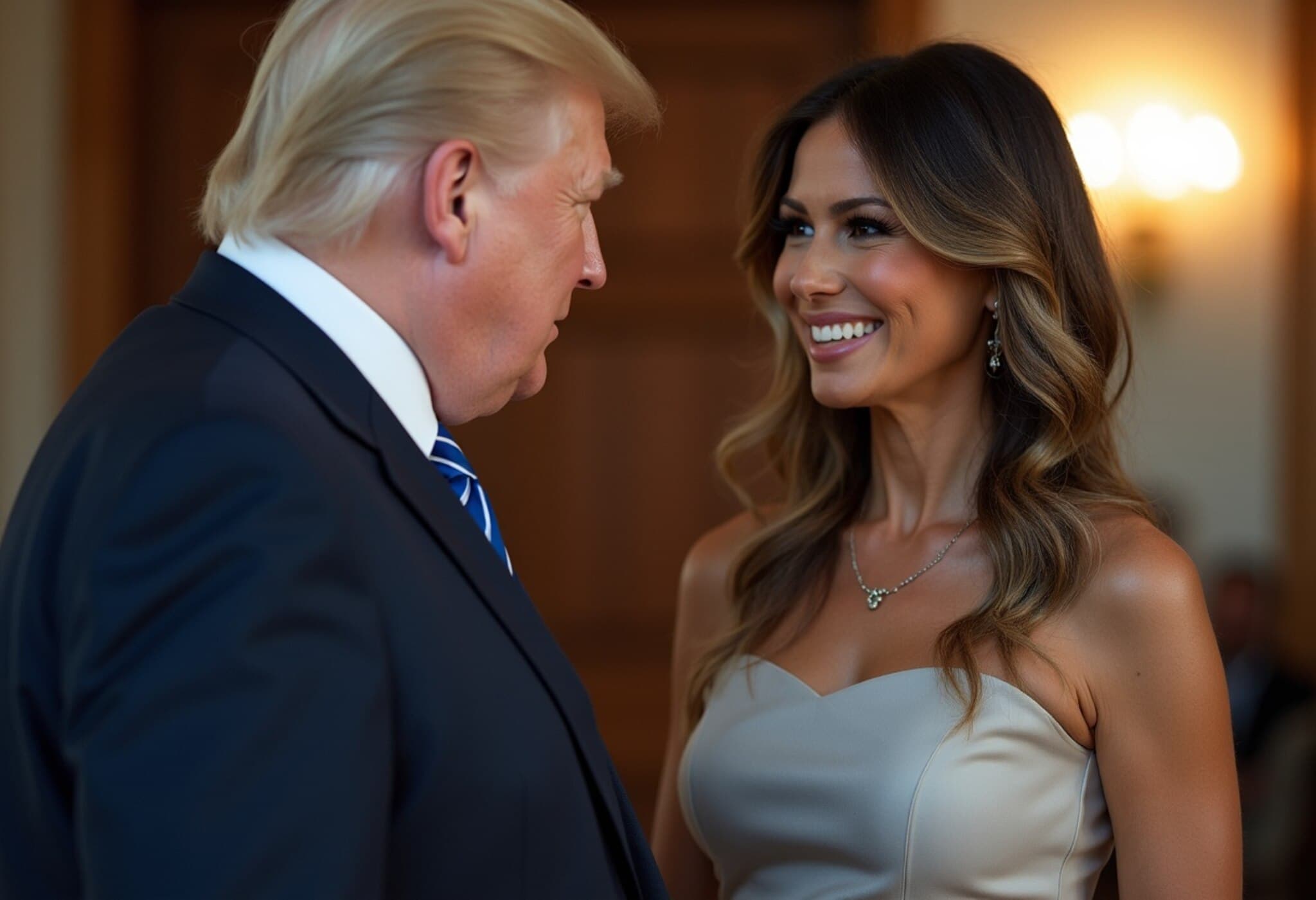US Commends Lebanon's Endorsement of Hezbollah Disarmament Plan
In a significant diplomatic development on August 19, 2025, the United States praised Lebanon's government for endorsing a US-backed plan aimed at disarming Hezbollah, the Iran-backed militant organization which has long been a focal point of regional tension. This endorsement paves the way for Washington to initiate negotiations with Israel on a lasting ceasefire, a move that could help ease the fragile security situation in the region.
US Special Envoy Tom Barrack's Diplomatic Mission
Tom Barrack, the US Special Envoy to Lebanon and Ambassador to Turkey, emphasized after his meeting with Lebanese President Joseph Aoun that Lebanon has taken a crucial step. "I think the Lebanese government has done their part. They’ve taken the first step," Barrack remarked, signaling a hopeful yet cautious tone around the peace efforts. He further stated that the United States expects Israel's reciprocal compliance to this 'equal handshake' of cooperation.
Barrack is scheduled to engage with prominent Lebanese political leaders, including Prime Minister Nawaf Salam and Speaker Nabih Berri, the latter known for his influential role in Hezbollah negotiations with Washington. These discussions will focus on both security arrangements and Lebanon's broader economic recovery in post-conflict reconstruction.
Lebanon's Complex Political Landscape and Hezbollah's Reaction
This endorsement by Beirut is notable amid Lebanon’s multifaceted political and economic crisis. Hezbollah, whose military presence has long influenced Lebanon’s internal and regional dynamics, vehemently opposed the disarmament proposal. The group's secretary-general, Naim Kassem, pledged defiance, underscoring the deep divisions within Lebanon’s leadership and society.
Hezbollah and its allies argue that Israel must first withdraw from five strategic hilltops in southern Lebanon, territories occupied since the 14-month conflict that concluded in late 2024. Moreover, they demand an end to Israel’s daily airstrikes that have destabilized Lebanon’s fragile security situation.
Barrack cautioned Hezbollah that rejecting disarmament efforts would mean missing a vital opportunity to help stabilize Lebanon’s future.
Calls for Strengthening Lebanon’s State Institutions
President Aoun and Prime Minister Salam have conveyed their mutual interest in not only disarming Hezbollah and other non-state armed groups but strengthening Lebanon's national military forces. This includes securing increased international funding to bolster Lebanon’s cash-strapped army and initiate much-needed post-war reconstruction.
The World Bank estimates that the 2024 conflict between Hezbollah and Israel caused economic damages topping $11.1 billion, devastating southern and eastern Lebanon. These areas, already battered by an enduring economic crisis since 2019, now face the compounded burden of infrastructural destruction and humanitarian stress.
Expert Insight: Navigating the Crossroads of Security and Sovereignty
Lebanon’s backing of the disarmament plan reveals a critical inflection point where sovereignty, security, and foreign influence converge. While the move aligns with US and Israeli interests aiming for regional stability, Hezbollah’s entrenched resistance highlights the enduring challenge of balancing internal political factions with international diplomacy. Any ceasefire negotiations must carefully integrate Lebanon’s sovereign aspirations and the realities of its fractured political landscape to secure lasting peace.
Economic Recovery as a Pillar for Stability
Beyond security, Lebanon confronts a dire economic emergency aggravated by protracted conflicts and governance challenges. The US’s commitment to exploring robust economic aid underscores the understanding that sustainable peace necessitates not only ceasefire agreements but also substantial rebuilding and economic revitalization that benefits all Lebanese citizens.
Looking Ahead: What to Watch
- How Israel responds to Lebanon’s disarmament proposal and whether it agrees to ceasefire terms.
- Hezbollah’s subsequent moves and the group's influence on Lebanon’s political stability.
- International donor response to Lebanon’s call for economic assistance and military strengthening.
- The potential impact of a ceasefire and disarmament on broader Middle East geopolitics involving Iran, Syria, and US allies.
Editor's Note
Lebanon’s endorsement of a Hezbollah disarmament plan marks a hopeful yet precarious chapter in Middle East diplomacy. While it signals government willingness to pursue stability through partnership with the US and Israel, Hezbollah’s defiant stance underscores the complex web of internal and external interests at play. Integral to this process is Lebanon’s path toward rebuilding not just infrastructure but the trust and cohesion necessary for lasting peace. Observers should watch carefully how ceasefire talks evolve and whether economic aid can anchor sustainable recovery in a country long scarred by conflict.

